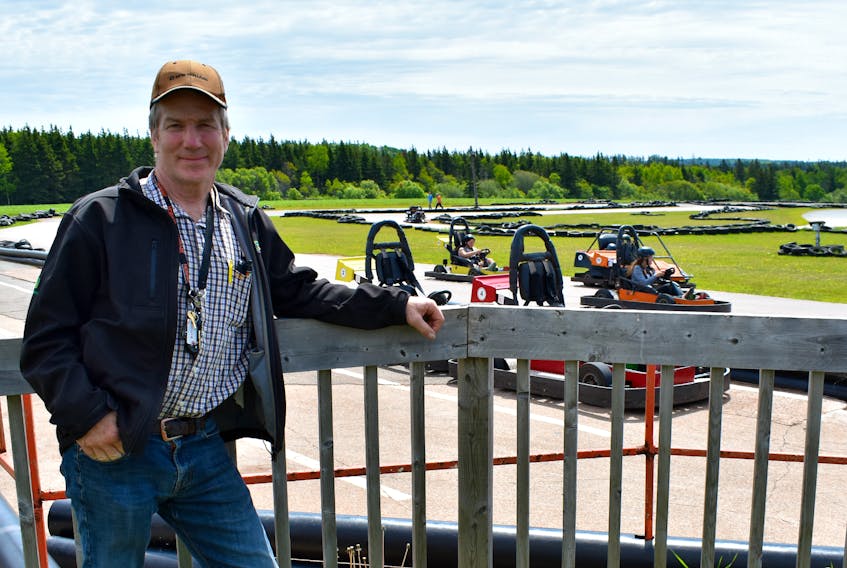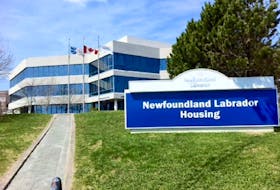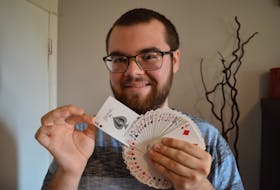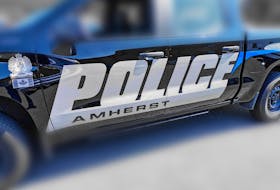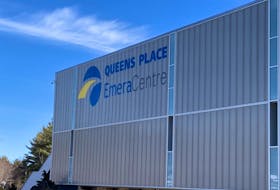KENSINGTON, P.E.I. - It’s become known as the "monster of all diseases" and it hides its ugly head under many masks.
Robert Robinson and his siblings know this all too well, they felt pain and anger growing up as they watched their father use alcohol to numb his pain and hide his symptoms.
“Dad (Jack) turned to alcohol to self-medicate. We all thought he was an alcoholic because of his walk, mobility and mood swings because he was undiagnosed,” remembered Robinson, with tears in his eyes. “There was a lot of resentment growing up, but forgiveness is huge,” he acknowledged.
Years later, Robinson and his siblings would unmask the root of their father’s distress that led a close-knit family to fragment.
“My sister Marie, who was in her early 40s at that time, thought she was going through menopause with mood swings, so she booked an appointment to see a physician in London, Ont. They confirmed she had Huntington’s disease (HD). With her diagnosis, we all knew the genetic disorder stemmed from dad.”
Symptoms of Huntington’s disease include personality changes such as mood swings, depression, impaired judgement, involuntary movements, inability to walk, slurred speech, and in the advanced stages of the fatal, hereditary brain disorder, difficulty in swallowing.
According to the Huntington Society of Canada, P.E.I. Chapter, “It’s like having Alzheimer’s, Parkinson’s and ALS at the same time.”
For every child born to a parent with the disease there’s a 50 percent chance of sharing the same fate.
“I have five sisters and two brothers, and as of today there are five out of the eight kids that are diagnosed with Huntington’s disease,” shared Robinson, while noting Marie has succumbed to the disease.
There is no cure, but there is hope thanks to fundraisers like the annual P.E.I. Indy Go-Cart Challenge held at the Burlington Amusement Park on Route 234 in Kensington, on Saturday morning.

Last year the P.E.I. Chapter of the Society raised $10,000 to help support those affected, as well as research.
“My one brother, John, lost his family through the disease because of his aggressive behaviour. He was a self-made guy at 40-years-old, a mechanical engineer. He travelled the world in the mining industry and was financially set. He now lives with Scott my other brother, who renovated his house for him.
“John is incapacitated. To see him walk you would think he was drunk,” he continued.
Symptoms of late onset Huntington’s typically don’t usually surface until the ages of 30 to 45, but the disease can first appear in children as young as five, and gradually worsen over 10 to 15 years.
“For dad to raise eight kids with what he had is unbelievable. I see now it is pretty easy to forgive dad and move on with our life now,” reflected Robinson. “It makes you look at people in a whole different way, and you certainly don’t take them for granted.
“Mom turned 80 this year and still lives at the homestead where we grew up. She was the backbone of the family and made sure dad was okay even though they were separated.” Robinson pointed out, “Dad had Huntington’s, but he passed with cancer at the base of the brain.”
All proceeds from the Indy Go-Cart Challenge go directly to the Huntington Society of Canada to support families impacted by the disease, as well as find a cure.
Robinson, who has chosen not to get tested so far, says despite the outcome of the disease his siblings all made a huge impact on society within their work. He says support from family, friends, and faith have been a coping mechanism and he concluded that everyone should be given a chance at life.
For more information on Huntington’s disease visit www.huntingtonsociety.ca.

